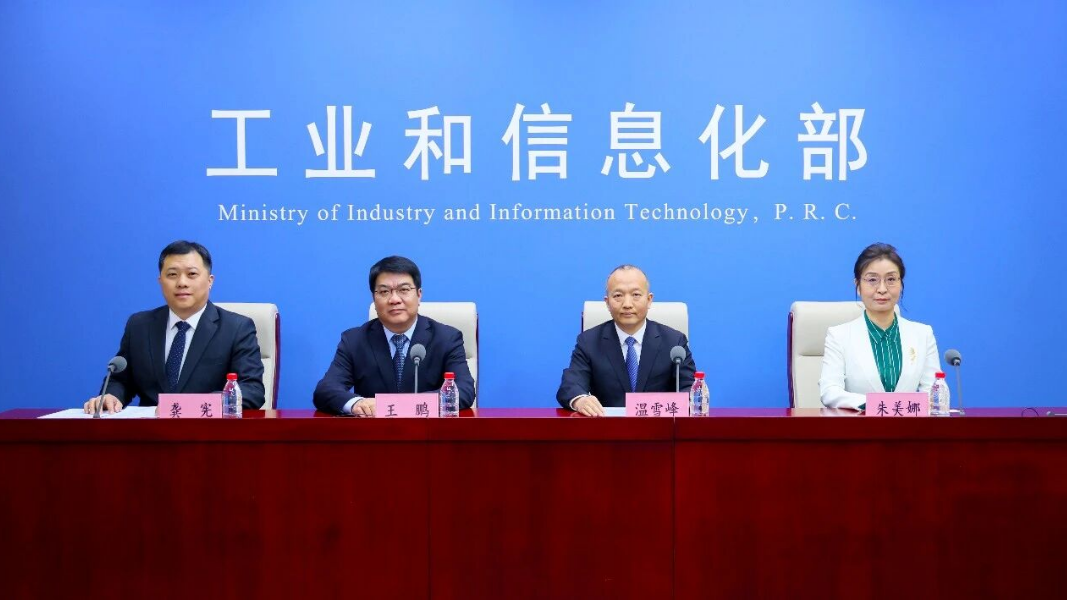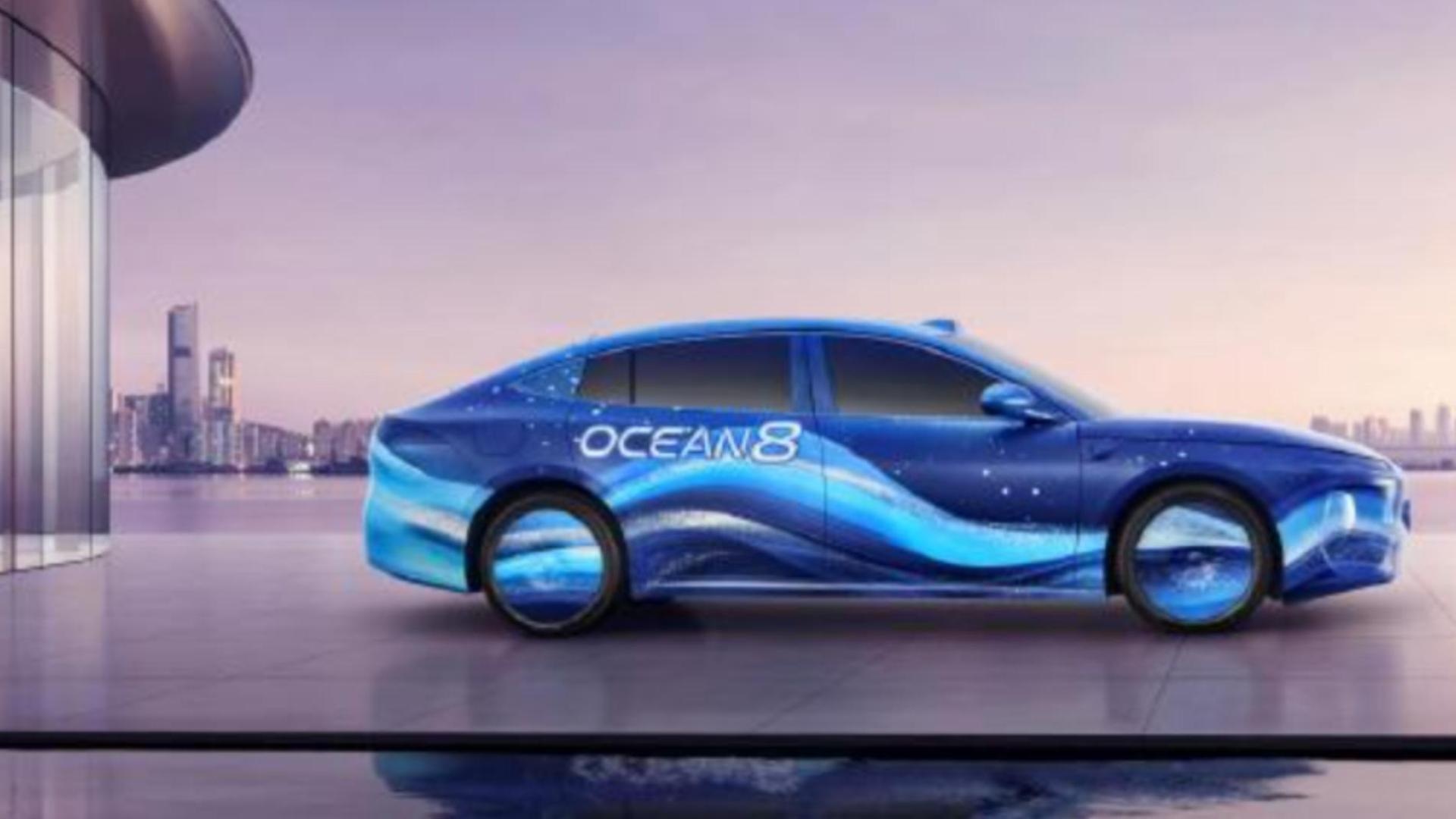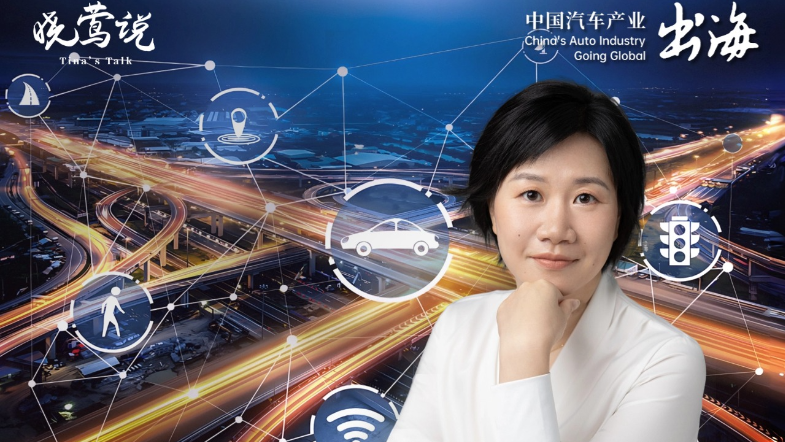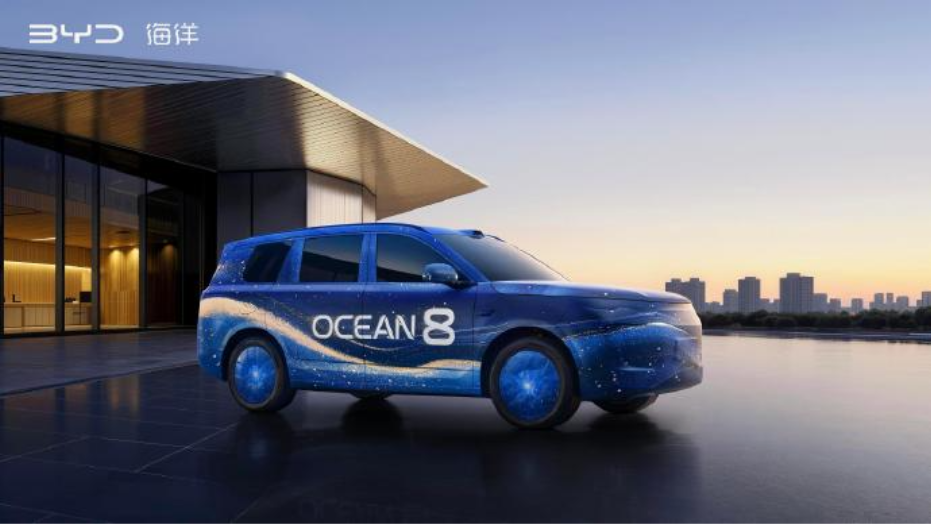The global automotive industry is seriously sick. We've given it a thorough examination and the prognosis is that it's time for a model change.
This's what Graeme Maxton and I wrote in the book autoPOLIS in 2003 and it was published in 2004. At the time, some winced and were upset while many others nodded quietly. So how much of what we foresaw has come true? Actually quite a lot.
I. The growth has gone from the developed country markets. Yet the vehicle manufacturers go on pouring resources into them as though adding products would make them grow. But that only leads to cut-throat competition and weakened margins. Yes, there's growth potential in Asia, particularly in China and India. But is it going to do the established players any good? No it won't, as China in particular is emulating what Japan and Korea before it did, to build up its own industry behind protective walls. Chinese products are not yet fully up to standards for the major export markets. But they soon will be and they will attack the bottom ends of those markets, putting pressure on the whole price structure in them. You can't stop the transfer of know-how or the emergence of new competitors.
II. We've just about fixed the problem of noxious emissions – carbon monoxide, nitrogen oxides and so on – although we need to transfer that experience to the emerging markets, where pollution remains horrendous. We've made good progress in tackling road casualties – in the developing world. But they are pandemic in the emerging markets, which badly need help.
III. Do you still believe in limitless new oil reserves? We are now leaving the age of ever cheaper fossil fuels, which began with the steam engine, 250 years ago. From now on, we must carefully control our use of energy. Road transport, the largest and fastest-growing consumer of oil, must make a serious contribution to that. We are almost nowhere on carbon dioxide emissions, to which road traffic is a large and fast-growing contributor. Does anyone now seriously disbelieve in the human contribution to the greenhouse effect? Where have you been this summer? We have lived in an age in which cars got bigger, heavier, faster, more feature-laden and cheaper in real terms – and we were free to drive them more and more. That's over. We need radically to change both the specific consumption of vehicles and the ways in which we use them.
IV. The industry has ruthlessly pursued globalisation in recent years, particularly through mergers and acquisitions. While this makes sense in many sectors of systems and components supply, the outcomes have been much more questionable for the vehicle manufacturers. Regional markets are hugely different in their product needs and they can also change – witness the rise and fall of the US light truck and SUV markets. Very few countries can sustain a complete automotive industry because of the scale requirements and the poor financial returns. The others have to find ways to integrate themselves into the global system, by concentrating on sectors in which they can be truly competitive. It's not easy, we know it – we've worked with a number of national governments on their automotive policies. Most countries should stay out of this industry, unless they have a real comparative advantage in some sector of it.
V. As the industry has grown and become more specialised internally, suppliers of systems, components and materials have become far the largest sector in it, in terms of adding value. Their contribution to technology is dominant today and will become absolutely critical as the whole industry adapts to the new energy and environmental realities. [suppliers] are far too often subjected to appalling abuse … "the most unpleasant industry I have had to deal with", says one senior academic
Yet they are far too often subjected to appalling abuse. With some honourable exceptions, the quality of relationships is generally appalling. Do you wonder there are increasing numbers of bribery cases? A respected academic with a deep experience of this area described the automotive industry as "the most unpleasant industry I have had to deal with". Happiness begins at home and getting these intimate relationships right is arguably the greatest competitive advantage of all.
VI. Alfred P. Sloan invented the franchised dealer system of distribution in the era of the Sears catalog store. He had to travel by train in a private railroad car office to visit GM's dealers across the US. Eighty years later, virtually all other retailing and service sectors have experienced one if not several revolutions. This one has stayed stuck in a time-warp. Dealers have become the industry's sacrificial rear guard in its retreat from Moscow, imposed on unwilling consumers by the force of law. The architects need to stop playing at mason, roofer, plumber, electrician and cleaner.
VII. The industry's traditional business model is visibly broken, to judge from its financial results. The great majority of vehicle manufacturers have been destroyers of shareholder value. Forcibly transferring their financial pain to suppliers has made more and more of these seek shelter in Chapter 11 and similar devices. This is induced sectoral mass suicide. The manufacturers delude themselves that they spend massively on R&D, when most of the money goes on constant repackaging of the same thing in a huge zero (or even negative) sum game. What happens now,
when we need literally to re-engine and re-body the whole business? Who will pay for it? A leading investment house said to us recently that it's hard these days to find many financial analysts focused on this industry, as it's become so unattractive!
VIII. In purely financial terms, the capital markets should be transferring resources out of this industry into other markets. Yet it is socially and economically indispensable. It has got to be restructured, on a far larger scale than a private equity investment can achieve with one component supplier, for example. Retailing and aftercare need to be separated from vehicle assembly and put on the side of the consumer, not of the producer. The 'architects' need to stop playing at mason, roofer, plumber, electrician and cleaner. The traditional industry model is broken. It’s time for a change. Everyone in the industry should disconnect from the daily grind … and think!
The traditional industry model is broken. It's time for a change. Everyone in the industry should disconnect from the daily grind … and think!
To be continued









